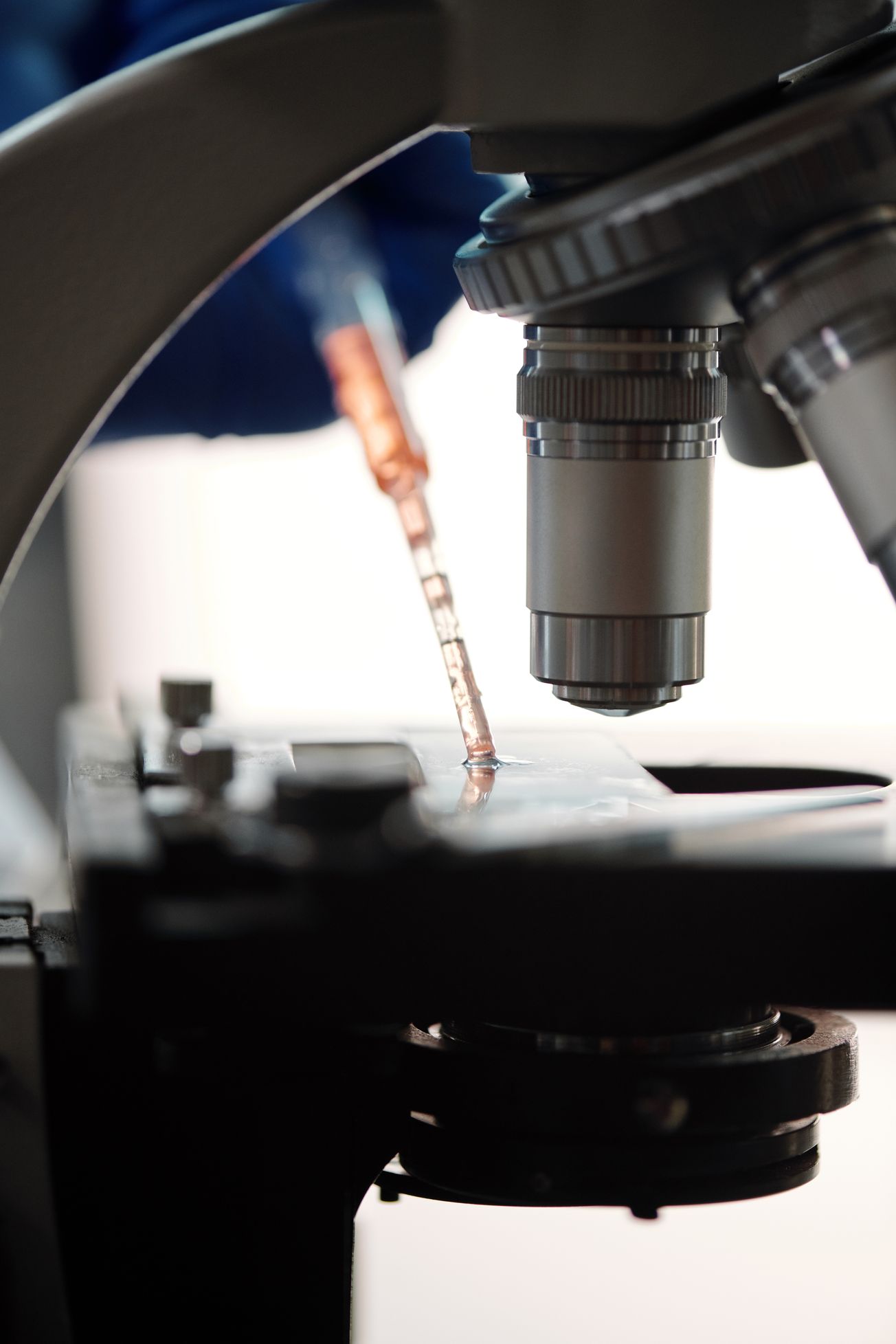Biotechnology, the interdisciplinary field that harnesses living organisms to innovate and improve various aspects of our lives, has been a breeding ground for groundbreaking developments. These innovations span healthcare, food production, and environmental conservation, among others. In this article, we'll delve into 18 new and emerging biotech developments that are poised to reshape our world. From brain mapping to quantum technology, these advancements are not only exciting but also hold immense potential to address critical challenges we face today.
1). Brain Mapping: A Glimpse Into the Complex Brain
In 2021, Google and Harvard achieved a remarkable feat by mapping a minuscule section of the human brain. This mapping, equivalent to one-millionth of the brain, offers insights into understanding brain function. As technology advances, larger-scale brain mapping could aid in addressing traumatic injuries and neurological disorders more effectively.
2). Autonomous Therapeutic Systems: Pioneering Medical Technologies
Autonomous therapeutic systems are poised to revolutionize healthcare. By analyzing, determining, and autonomously controlling conditions and treatments, these systems reduce human error and healthcare costs. To achieve this, precise simulations of a patient's medical condition, often referred to as a bio-digital twin, play a crucial role.
3). AlphaFold: Unraveling Protein Folding Mysteries
AlphaFold, developed by Google's DeepMind, marks a significant breakthrough in protein folding research. Understanding how proteins fold holds the key to improving human health. It enables the design of drugs that bind more effectively to their targets, paving the way for precise and efficient medical treatments.
4). Cellular Anti-Aging Research: Unlocking the Fountain of Youth
Anti-aging research at the cellular level is a burgeoning field with the potential to reverse aging. This research not only promises extended lifespans but also offers hope for curing currently incurable diseases. Ethical considerations accompany these advancements, emphasizing the need for responsible exploration.
5). CRISPR-Based Gene Editing: Precision Genome Modifications
CRISPR-based gene editing is a game-changer. It allows for precise DNA modifications, opening avenues for curing genetic disorders and revolutionizing agriculture. Imagine a future where we eliminate inheritable diseases and cultivate drought-resistant crops.
6). Microbiome Manipulation: Harnessing the Power Within
Exploration of the human microbiome has revealed its influence beyond digestion. Manipulating the microbiome offers personalized treatments for conditions ranging from obesity to mental health. This field holds the promise of enhancing overall well-being through tailored interventions.
7). Living Medicines: Microbial Warriors Within
Living medicines represent a less-discussed but groundbreaking area in biotech. Imagine ingesting a pill filled with bacteria programmed to combat specific illnesses within your body. These microbes can sense and release medicine when needed, potentially transforming the treatment of chronic conditions.
8). Lab-Grown Organs: A Solution to Organ Shortages
The creation of lab-grown organs using a patient's cells has immense potential in transplant medicine. Scientists can now cultivate organs in the lab, eliminating the need for donors and reducing organ rejection risks. This breakthrough could revolutionize healthcare and save countless lives.
9). Epigenetics and Digital Therapeutics: Personalized Medicine
Epigenetics offers personalized and precise medical treatments based on individual genetic profiles. Concurrently, digital therapeutics integrate technology into wellness, promising holistic healing outcomes. These advancements herald transformative changes in healthcare.
10). Sophisticated Wearables: AI Meets Biotech
Advanced wearables, combining AI and biotech, can diagnose conditions in real-time, from sleep apnea to cardiac arrhythmias. These devices provide accessible healthcare monitoring outside hospital settings, enhancing early diagnosis and treatment.
11). Bioluminescent Imaging: Illuminating Cellular Processes
Bioluminescent imaging, once explored in the '90s, is making a comeback. It allows real-time visualization of cellular processes by making living organisms glow. This innovation provides invaluable insights into drug effects and disease progression.
12). Brain-Computer Interfaces: A Cognitive Revolution
While still a decade away, non-intrusive brain-computer interfaces promise to transform learning, work, and communication. Innovations in this space, like Neurable's advancements, aim to monitor brain health without invasive electrodes, making cognitive monitoring accessible to all.
13). Lab-Grown Meats: Ethical and Sustainable Protein
Lab-grown or cultured meat offers an ethical and sustainable alternative to traditional animal farming. By directly producing meat from animal cells, this technology addresses animal welfare, environmental sustainability, and food security concerns.
14). Organoid Intelligence: Merging Biology and Computing
Organoid intelligence research explores making 3D brain cell cultures "computer-like" with enhanced inputs and outputs. This field envisions a future of brain-machine interfaces and biological computing, where biology and technology converge.
15). 3D Bioprinting: Crafting Living Structures
3D bioprinting enables the creation of three-dimensional biological structures using living cells. This innovation holds the potential to revolutionize organ transplants, personalized medicine, and precise drug testing.
16). Plastic-Eating Bacteria: Nature-Inspired Solutions
Engineered bacteria capable of degrading plastic waste address environmental concerns. These bacteria accelerate plastic decomposition, offering a sustainable approach to waste management and pollution reduction.
17). Generative AI: Enhancing Biotech Innovations
Generative AI enhances innovation pace and efficiency in biotech. It ensures privacy, security, and compliance by automating content validation and verification against predefined checklists. This technology fosters responsible and efficient research.
Conclusion
The landscape of biotechnology is evolving at an unprecedented pace, with innovations spanning from unraveling the mysteries of the human brain to addressing environmental challenges like plastic pollution. While these developments hold immense promise, they also come with ethical considerations and responsibilities. As we embrace the transformative power of biotech, it is essential to navigate this evolving terrain with ethical stewardship and a commitment to improving the human experience, our planet, and the well-being of all living








